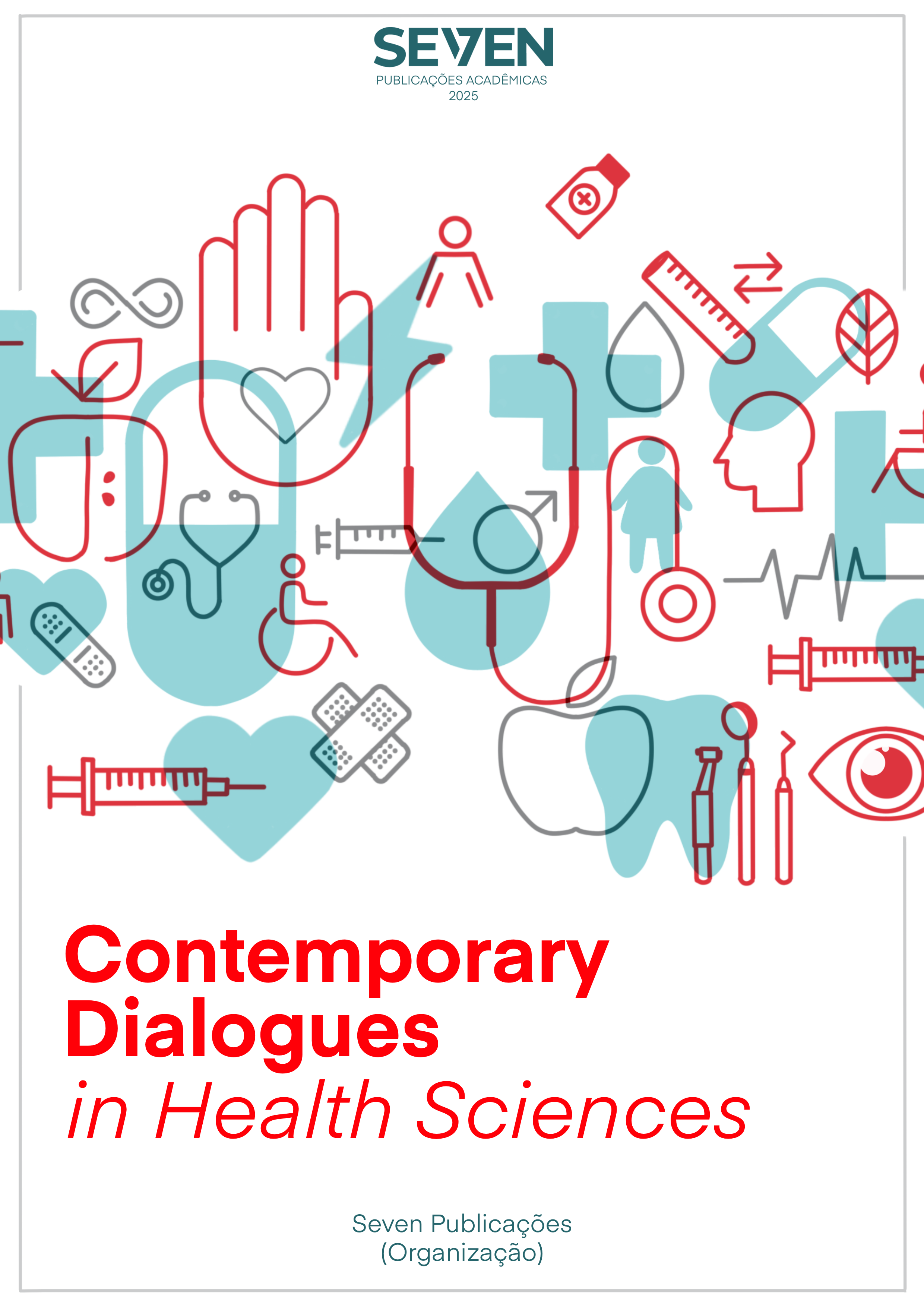GASTROESOPHAGEAL REFLUX DISEASE REFRACTORY TO PROTON PUMP INHIBITORS: CURRENT CLINICAL AND INTERVENTIONAL STRATEGIES
Keywords:
Gastroesophageal Reflux Disease, Proton Pump Inhibitors, Refractory GERD, Esophageal Monitoring, Endoscopic ProceduresAbstract
Gastroesophageal reflux disease (GERD) refractory to proton pump inhibitors (PPIs) remains a major clinical challenge, affecting a substantial proportion of patients who do not achieve adequate symptom control with standard therapy. This study aimed to review the main diagnostic, clinical, and interventional strategies currently available for the management of refractory GERD. A narrative literature review was carried out between March and September 2025 in national and international databases. The analysis highlighted the role of impedance-pH monitoring and endoscopy in distinguishing persistent acid reflux from functional symptoms, as well as the importance of optimizing PPI use. Among emerging pharmacological alternatives, potassium-competitive acid blockers, such as vonoprazan, showed promising results. In cases of confirmed refractoriness, endoscopic and surgical interventions, including laparoscopic fundoplication, the LINX magnetic system, and radiofrequency therapy (Stretta), have demonstrated effectiveness in selected patients. It is concluded that individualized treatment, supported by accurate diagnostic stratification and the integration of clinical and interventional approaches, is essential to optimize outcomes, reduce misdiagnosis, and guide future research.
Downloads
Published
Issue
Section
License
Copyright (c) 2025 Valéria Goulart Viana, Kristian Solart de Freitas, Carlos Eduardo de Oliveira Brito Aquino, Luana Alves de Andrade, Mikaela Camilla Silva Brau, Emerson Barbosa do Nascimento, Wedja Carla do Carmo, Marcos Adriano Silva Filho, Mikaely Thays Oliveira Pereira, Luana Danelucci Mazzo, Ana Claudia Medeiros Vilela, Samuel Gonçalves de Andrade, Vitor Emanoel Chaves de Mesquita, Antônio Henrique Fagundes Diniz Oliveira, Rafael de Carvalho Leitão Megale, Mateus Giovani Senna, Ednei Luiz França Cajá, Amanda Arruda Fabre, Valentina Siqueira Rodrigues, Isabela Ormond Bataglia Herrero

This work is licensed under a Creative Commons Attribution-NonCommercial 4.0 International License.





